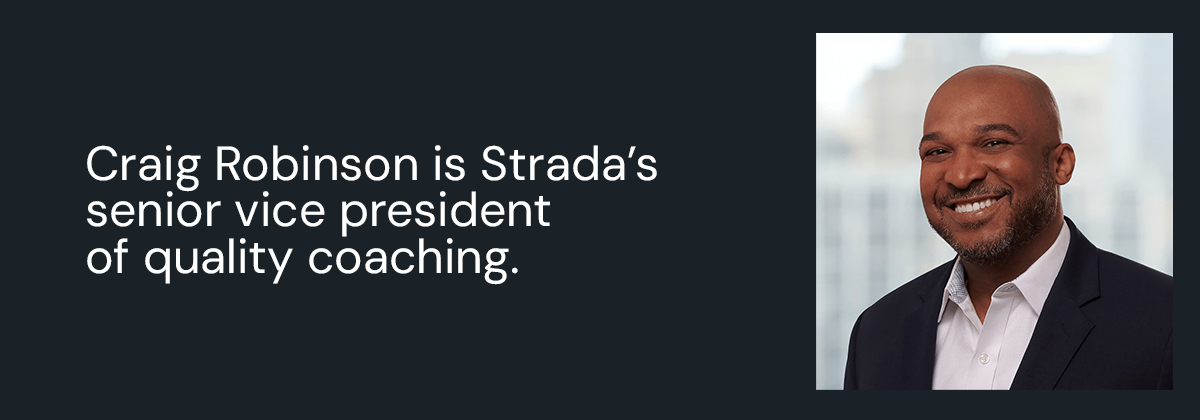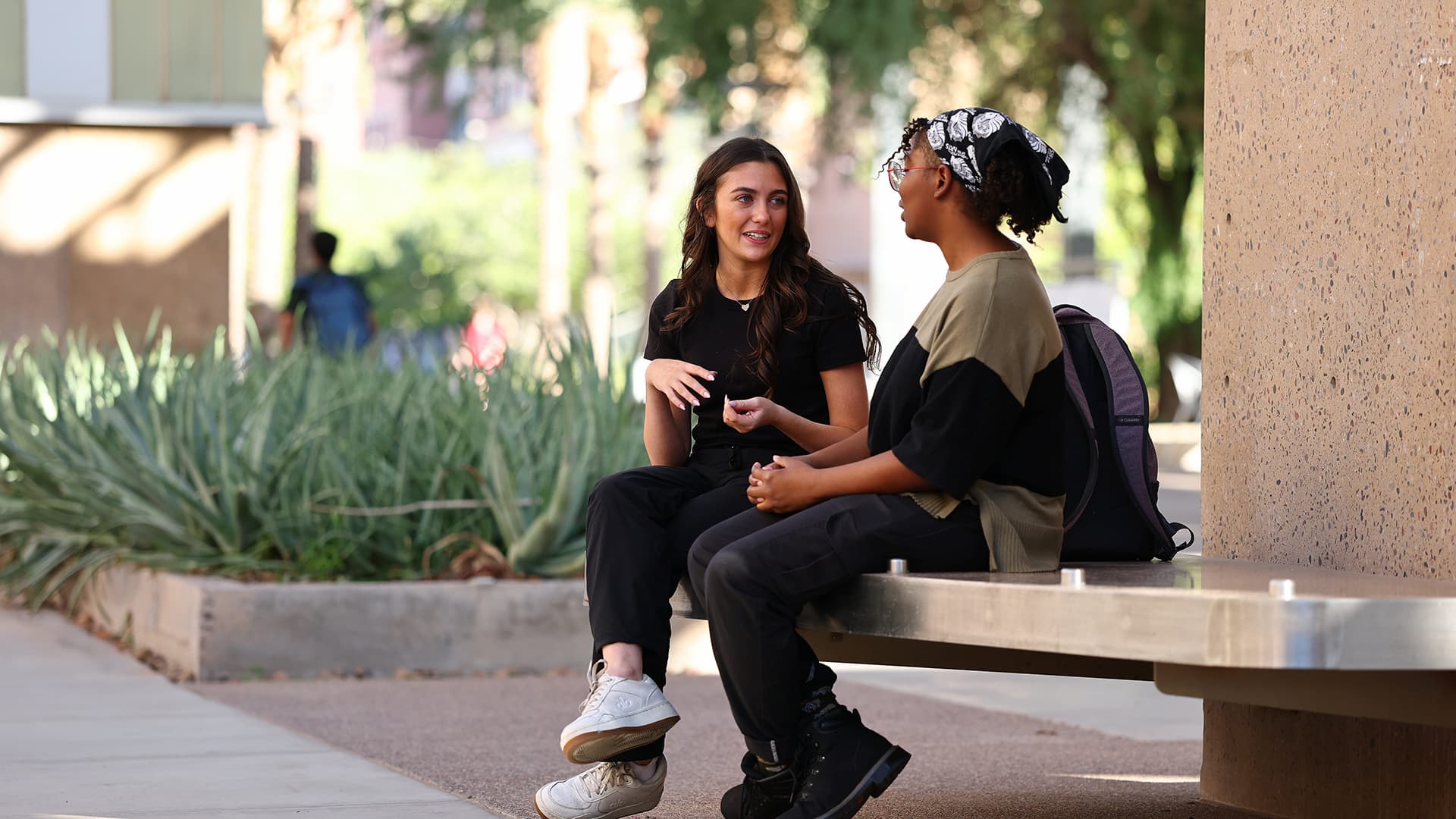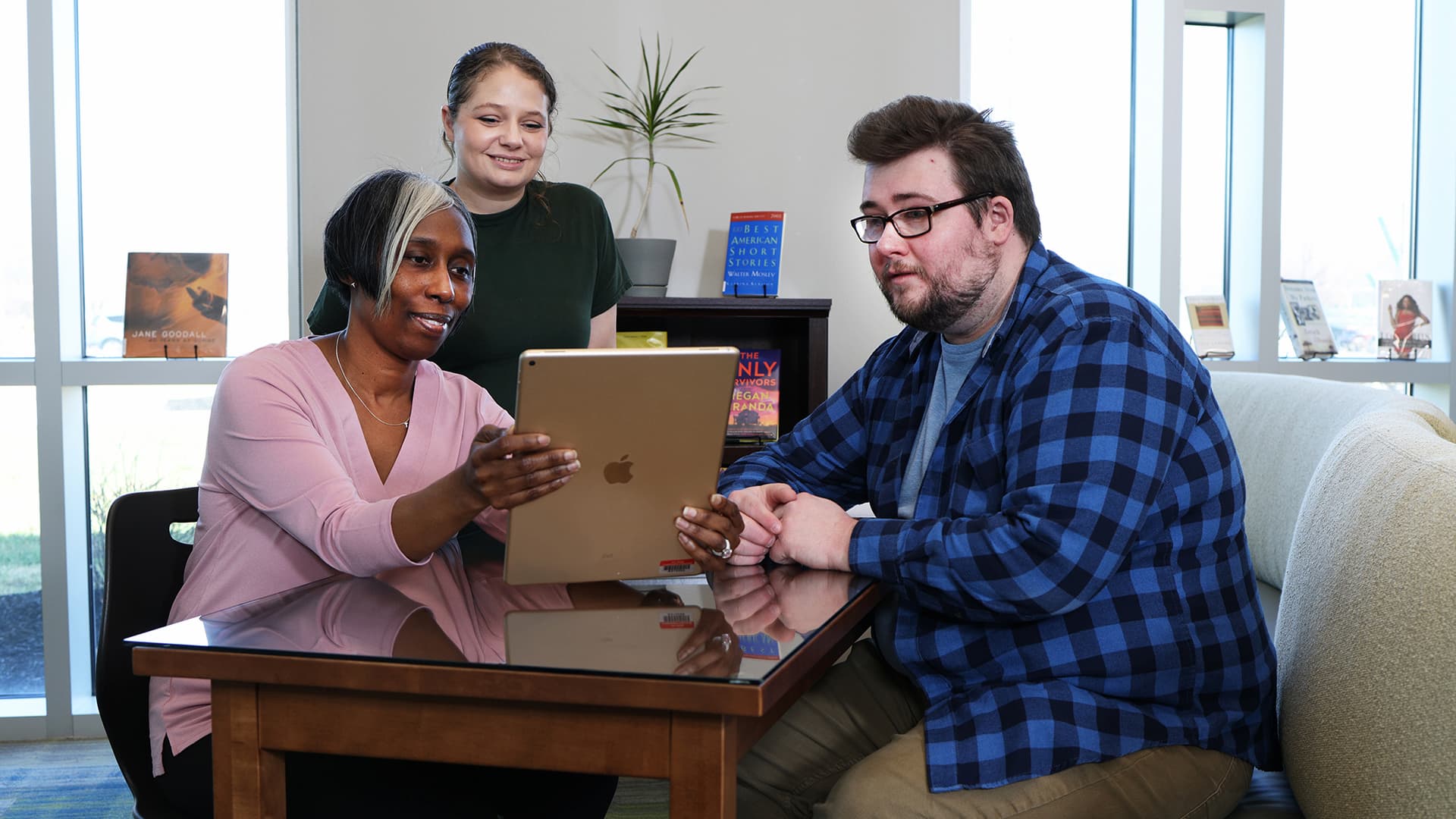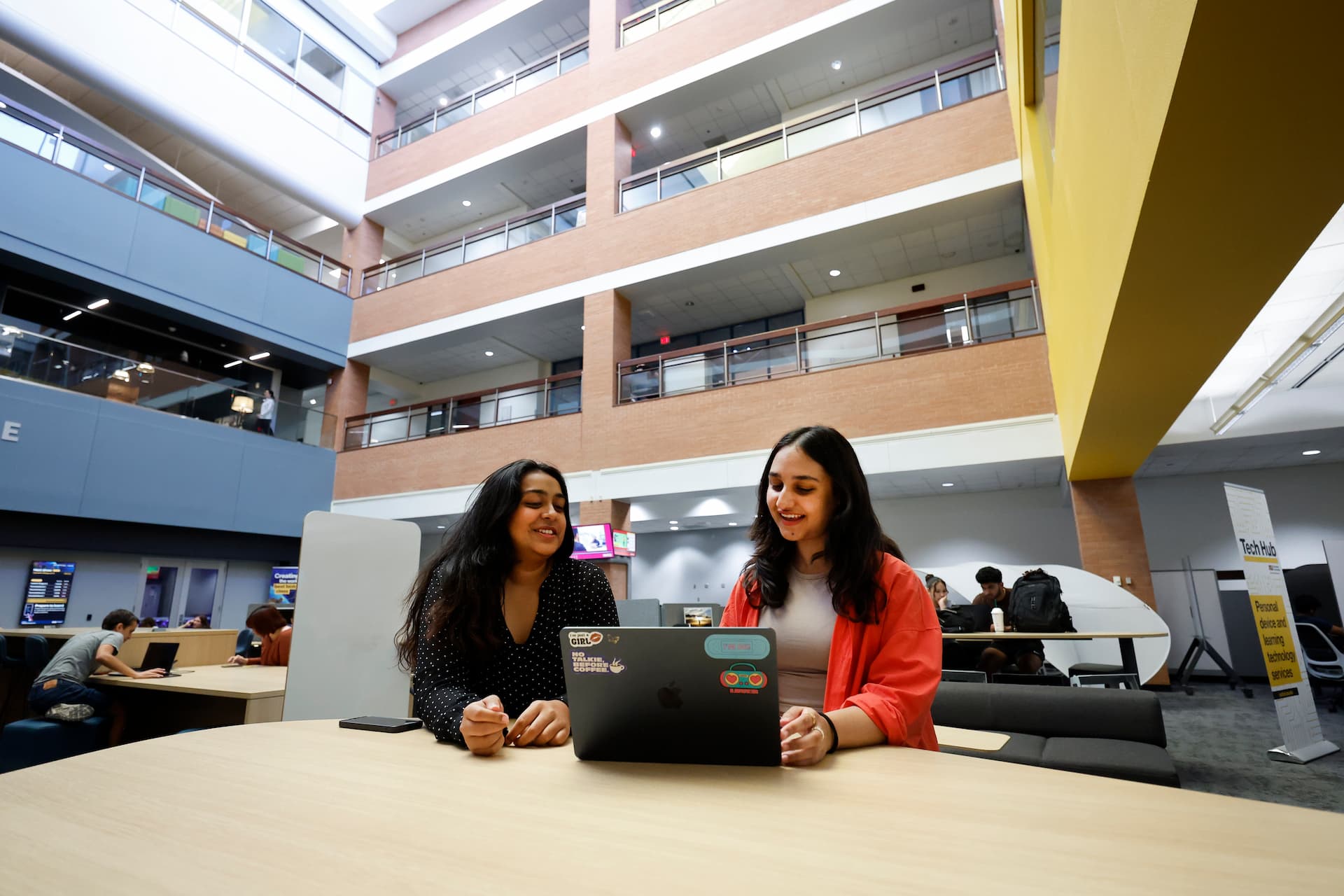Quality Coaching: 5 questions for Strada’s Craig Robinson
.jpg)

Growing up in Brooklyn, New York, Craig Robinson’s first job was at a summer youth camp. He still has the first work evaluation, in which his manager noted:
“You are a rebel without a cause. Once you find your cause, you’re going to be powerful.”
Robinson took the message to heart. Today he thinks of that manager as someone who came into Robinson’s young life and helped him steer his direction. “He helped to inspire in me this notion of finding a purpose that would become a passion,” Robinson said. “For me, education has been that.”
As Strada senior vice president, quality coaching, Robinson works to ensure all students have access to education-to-employment guidance that helps them reflect on their talents and interests, choose a career goal, map pathways through education, and successfully navigate challenges. An advocate for equity, access, and success in education, Robinson’s career has progressed through tenures at organizations that emphasize providing students access to higher education and coaching that helps them succeed.
Why is quality education-to-career guidance and coaching such a game changer for students?
Students shouldn’t have to navigate complex education and workforce systems on their own. Quality coaching helps make the invisible visible — it clarifies options, builds confidence, and connects students to real opportunities. For many, especially first-generation and low-income students, having someone in your corner who knows how to translate dreams into plans can make all the difference.
Do we have a clear picture of how many individuals actually experience this kind of coaching?
We are learning more every year about how individuals are experiencing quality coaching. What we do know is that when students receive timely labor market information, personalized guidance, and support in overcoming obstacles, they are more likely to secure a college-level job and feel satisfied with their early career progress. However, not enough students currently have all of these experiences, and that can ultimately limit outcomes for both graduates and the workforce. The 2025 State Opportunity Index, which will be released next month, will provide us with the latest data on how many students are receiving quality coaching. Our hope is that state leaders will use that information to work with their partners to increase access to quality coaching for more learners.
Strada worked with other organizations to develop a set of guiding principles for quality coaching. Why was this an important step?
We heard again and again that the field lacked a common language. The Principles for Quality Education-to-Career Guidance give us a shared foundation — something we all can point to when we’re building programs, shaping policy, or funding work in this space. Just as important, they center the experiences of learners and workers. The goal wasn’t to create a rigid framework. It was to name what quality looks like and invite others to build on it.
Offering students and individuals guidance, support, and timely information about education-to-employment pathways seems like an idea everyone can embrace. So why is it still so hard for some individuals to access this kind of quality coaching?
Because we haven’t yet treated it as essential. Too often, coaching is left to chance or seen as a nice-to-have, when in fact it’s a critical lever for equity. Access is uneven, especially for students of color, first-generation college students, and those from low-income backgrounds. We need better systems — more coordinated, better resourced, and more accountable — to ensure every learner has access to the guidance they deserve.
Did you experience any kind of coaching after you graduated high school?
I had great teachers and mentors who offered advice, but no one whose job it was to help me make sense of my options or build a plan. I stumbled my way through, often relying on luck or last-minute decisions. That’s part of why I care so much about this work now. No one should have to rely on luck to find their way.






.jpg)






.avif)




